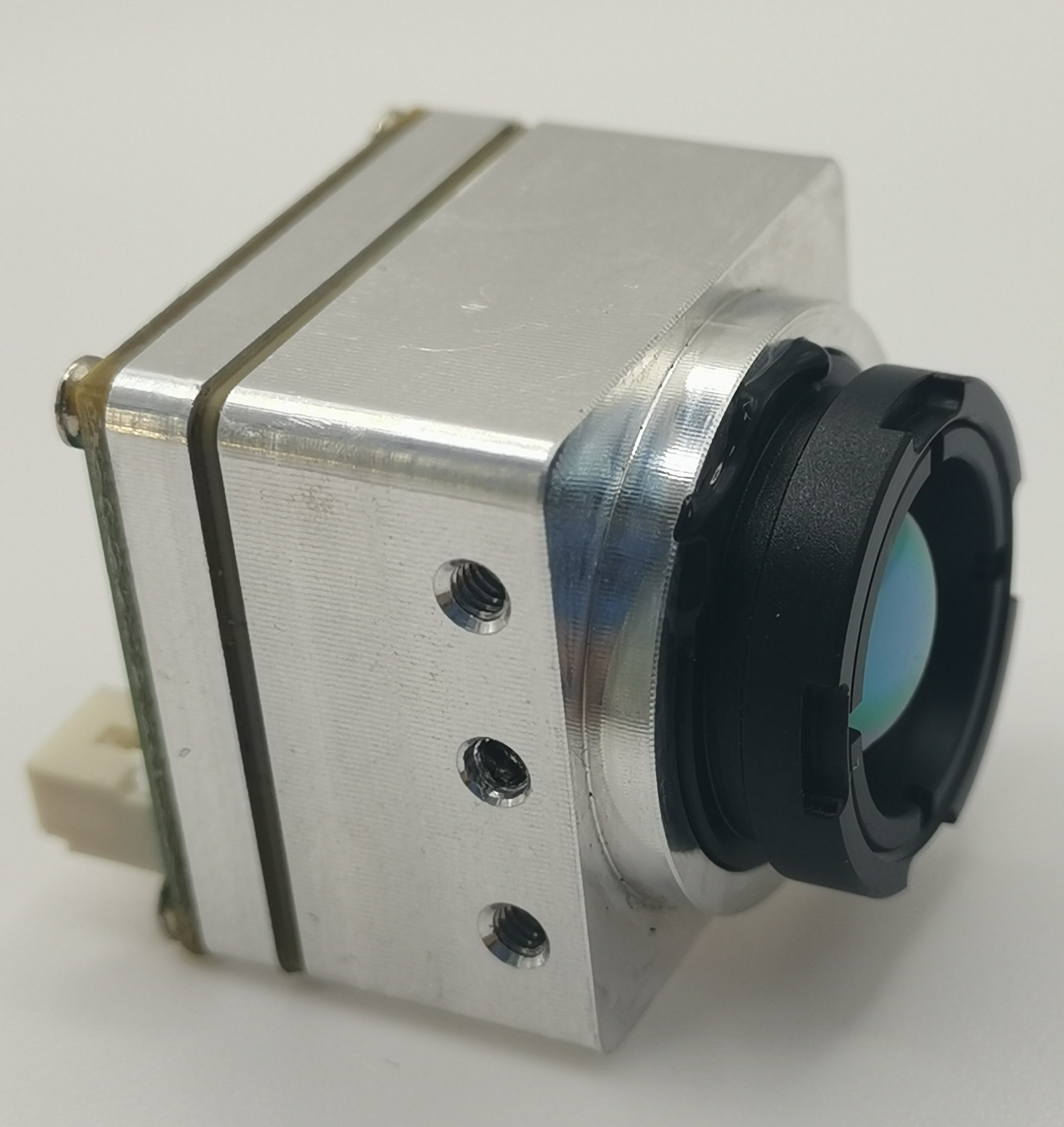2024 Comparison between Night Vision Drones and Thermal Drones: Which is Better for Aerial Surveillance?

Drone Technology Overview
In recent years, drone technology has significantly transformed aerial surveillance, offering advanced capabilities for a wide range of applications. These innovative devices have the potential to revolutionize traditional methods of monitoring and observation, particularly in challenging environments and conditions. With the integration of thermal imaging and night vision technologies, drones are now equipped to provide enhanced visibility and detection capabilities, making them invaluable tools for various industries and sectors.
Night Vision Advantages
Night vision drones offer distinct advantages in aerial surveillance, particularly in challenging low-light conditions and diverse environments. Here are the key benefits of utilizing night vision technology for drone operations:
Enhanced Visibility in Low-Light Conditions
Night vision drones provide exceptional visibility during nighttime operations, offering clear and detailed imagery even in the absence of natural light. This capability makes them highly effective for low-light surveillance missions, allowing operators to capture crucial visual data in darkness.
Flexibility in Various Environments
The integration of night vision technology enables drones to operate seamlessly in a wide range of environments, including urban areas with limited artificial lighting and densely vegetated regions where visibility may be obstructed. This flexibility makes night vision drones versatile tools for surveillance across different landscapes and settings.
By leveraging the enhanced visibility and adaptability of night vision drones, aerial surveillance efforts can effectively overcome the limitations posed by low-light conditions and challenging terrains.
Thermal Drone Benefits
Detection of Heat Signatures
Thermal drones are equipped with advanced technology that allows them to detect heat signatures, enabling the identification of objects and individuals based on their thermal emissions. This capability makes them invaluable for surveillance operations where visual identification may be challenging, such as in densely populated areas or during covert missions.
Effective Search and Rescue Operations
The use of thermal imaging technology in drones significantly enhances search and rescue operations by detecting body heat, even in challenging terrain or adverse weather conditions. This feature enables first responders to locate individuals in distress more efficiently, potentially saving lives in critical situations.
By leveraging the detection of heat signatures and enhancing search and rescue efforts, thermal drones prove to be indispensable tools for a wide range of applications, including security operations, emergency response, and environmental monitoring.
Comparing ISUN Thermal Drone
The ISUN thermal drone sets itself apart with its cutting-edge features, providing advanced thermal imaging capabilities and seamless integration of night vision technology.
Advanced Thermal Imaging Capabilities
The ISUN thermal drone is equipped with state-of-the-art thermal imaging capabilities, delivering high-resolution thermal data for precise surveillance operations. This advanced technology allows for the detection and identification of heat signatures with exceptional clarity, enhancing the effectiveness of aerial surveillance in various scenarios.
Integration of Night Vision Features
In addition to its superior thermal imaging capabilities, the ISUN thermal drone seamlessly integrates night vision features. This integration offers a versatile solution for both low-light and thermal surveillance applications, ensuring optimal visibility and detection capabilities across a wide range of operational environments. The combination of thermal imaging and night vision technologies makes the ISUN thermal drone a comprehensive and adaptable tool for aerial surveillance needs.
Applications of Thermal Imaging
Security and Surveillance
Thermal imaging technology plays a pivotal role in security and surveillance operations, offering advanced detection capabilities for monitoring critical infrastructure and high-security areas. By utilizing infrared imaging, security personnel can effectively identify potential threats and intrusions, even in low-light conditions. The heat detection technology enables the surveillance of large perimeters and remote locations, providing an added layer of security where traditional visual monitoring may be limited. Moreover, thermal imaging enhances the ability to detect unauthorized activities and conduct thorough inspections of sensitive areas without relying solely on natural or artificial lighting.
Wildlife Monitoring and Conservation
In the realm of wildlife monitoring and conservation efforts, thermal imaging technology has proven to be instrumental in tracking animal movements and conducting population surveys. Researchers leverage infrared imaging to observe wildlife behavior during nighttime hours when many species are most active. The heat detection technology allows for non-invasive observation of animals in their natural habitats without disturbing their routines. Additionally, thermal drones equipped with this technology aid in the identification of endangered species, contributing to conservation initiatives aimed at protecting biodiversity and preserving natural ecosystems.
Choosing the Right Aerial Surveillance Tool
When it comes to selecting the most appropriate aerial surveillance tool, it is crucial to consider the specific operational requirements and environmental conditions. The choice between night vision drones, thermal drones, or other airborne monitoring devices depends on the unique needs of the mission and the challenges presented by the surveillance area. By evaluating factors such as lighting conditions, target visibility, and the nature of the terrain, operators can determine the most suitable tool for overhead reconnaissance and aerial surveillance operations.
Contact Us: iSun Digitech Limited Ms. Coco Huang E-mail: sales@iasun.cn WhatsApp/Wechat: +86 13510421923
See Also
Uncovering the Flexibility of Thermal Imaging for Drones with Night Vision
Transforming Aerial Monitoring: Thermal Camera for Drones
An In-Depth Look at Thermal Drones: Features, Uses, and Technology
The Complete Handbook to Drone Thermal Vision: Comparing Various Models
Contact Us: Ms. Coco Huang
E-mail: sales@iasun.cn
WhatsApp/Wechat: +86 13510421923

